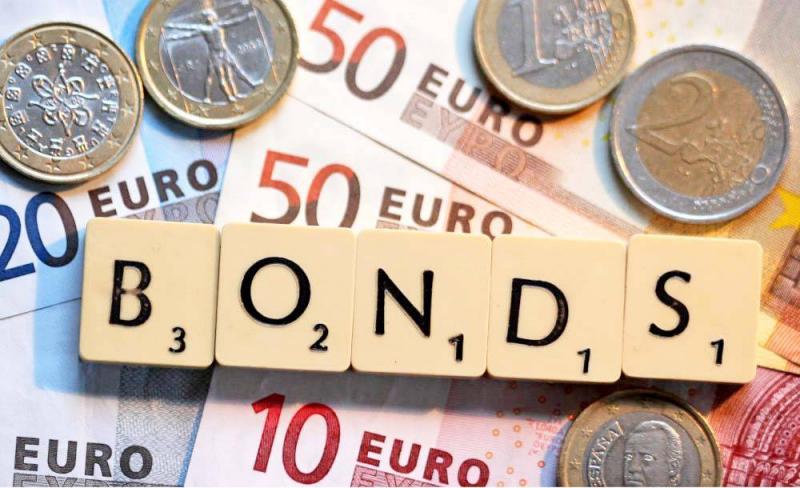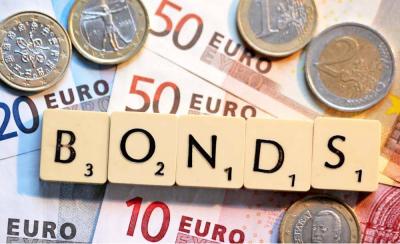Eurobonds are debt instruments used by governments to finance their projects, offering a good return for investors against accepted risks. They are external debt securities issued by the state in US dollars. Despite the name including "euro," it has no relation to Europe or the euro currency; instead, "euro" refers to foreign currency.
Most eurobonds are owned electronically rather than in physical form, held and traded through settlement systems like Euroclear and Clearstream. Coupons are paid electronically to bondholders through these systems. Governments issue such bonds for various reasons, including funding budget deficits, repaying other due debts, or meeting government spending requirements. Subscription to these bonds is based on a specific issue price, hypothetically set at $100 per bond, with the indebted state committed to repaying this value at the bond's maturity according to global financial market rules. Assuming the bond matures in 10 years, the state commits to paying an annual interest of 10%, meaning the bondholder receives $10 each year for 10 years and finally retrieves the bond's face value of $100. Currently, the value of a single Lebanese Eurobond in global financial markets ranges between 6 and 7 cents.
In a statement, economic expert Khaled Abu Shacra indicated that "borrowing began in 1996 in foreign currencies against the Lebanese pound, during which eurobonds were issued to finance the state's needs. These bonds accumulated over years, reaching a value of nearly $30 billion, which was primarily subscribed by Lebanese banks, the Central Bank, and foreign entities." He added, "After 2019, Lebanese banks were the largest holders of eurobonds, valued at about $17 billion. When Lebanon defaulted on its foreign debt in March 2020, the actual value of eurobonds fell to below $7."
Abu Shacra noted that "Fitch Ratings downgraded Lebanon's long-term local currency issuer default rating from 'CC' to a restricted default ('RD') state. Fitch also lowered the short-term local currency rating in Lebanon from 'C' to a restricted default ('RD')."
Following this, Abu Shacra mentioned that after the Central Bank imposed a significant provisioning requirement on eurobonds, meaning banks were deprived of liquidity, they started selling their portfolio of eurobonds at varying prices, eventually reaching $7 per bond. He pointed out that although the Central Bank had previously valued these bonds at their nominal value of $5 billion, with the departure of former Bank Governor Riad Salameh and the interim appointment of Waseem Mansouri, these bonds were revalued to their actual worth of around $421 million.
Most eurobonds are now held by global funds such as BlackRock, Ashmore, and Fidelity Insurance, among others, which have become the largest owners of these bonds. Regarding the possibility of international entities filing a complaint against Lebanon, the economic expert stated that "this is plausible, but such actions are long-term and require significant time and effort."
Moreover, economic journalist Munir Younes pointed out that "eurobonds represent a borrowing mechanism utilizing bonds. The government issues a security in international financial markets, where foreign investors purchase it, providing the government with dollars in return." Younes stated that, in addition to public debt in foreign eurobonds, there is public debt in foreign currencies outside of eurobonds, such as loans from the World Bank, Kuwaiti Fund loans, European Investment Bank loans, etc. He clarified that eurobond debts are investment debts, which were issued with their associated investment risks. In contrast, debts owed to the World Bank, Arab funds, and the IMF are developmental debts with low interest, used for development, which Lebanon is repaying. These are entirely separate from investment debts.
The value of eurobonds is directly linked to the Central Bank's foreign currency reserves. With the mandatory reserve falling below $8 billion, the bond value reached 7 cents. Younes explained that if the reserve were to drop to $1 billion, the bond value would logically decrease to 1 cent. Conversely, if gas extraction begins in commercial quantities, the values of investment debts would automatically rise.




